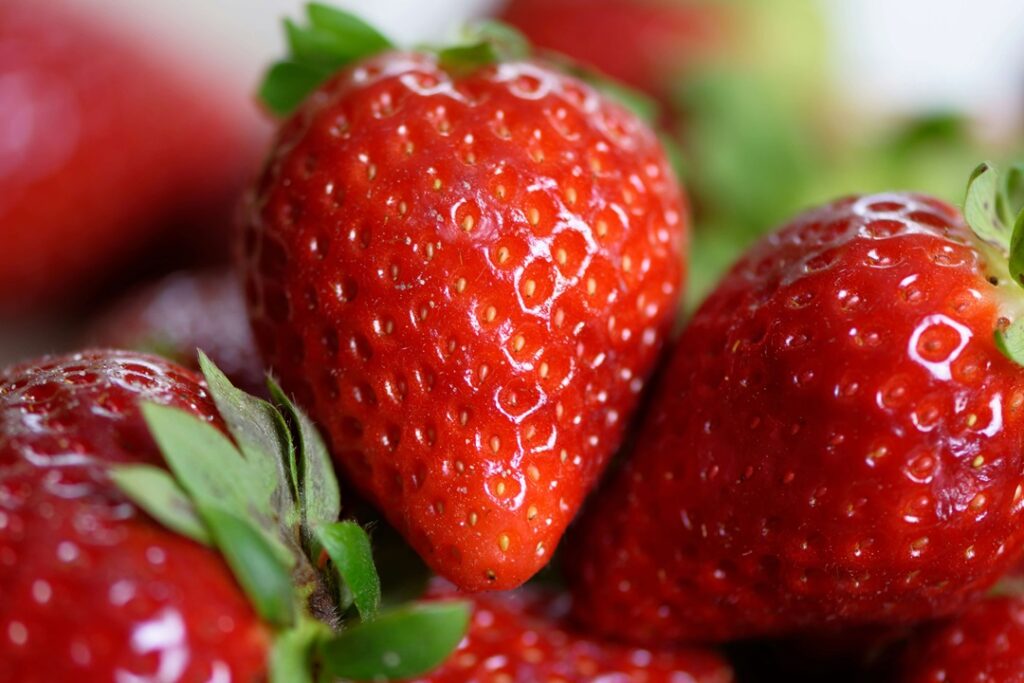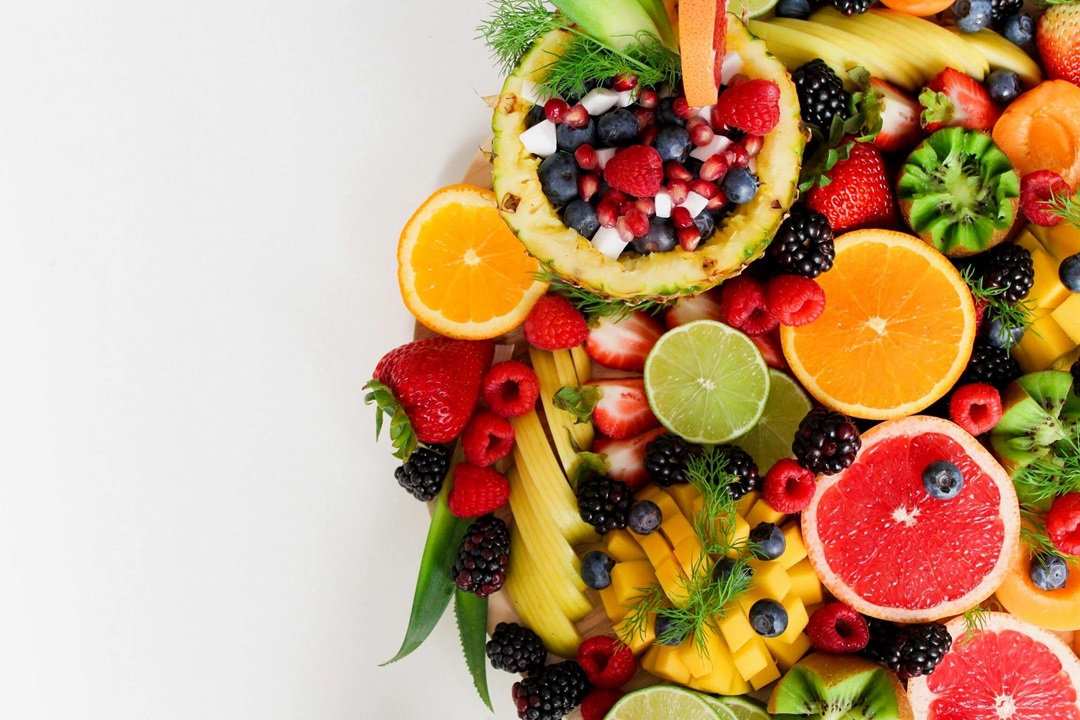As winter descends upon many regions, the shift in weather brings about various challenges to health. The cold and flu season often strikes during these months, leading to an increase in illnesses. Additionally, the reduction in natural sunlight can trigger Seasonal Affective Disorder (S.A.D.), resulting in mood swings and decreased energy levels. To combat these seasonal challenges and maintain optimal health, individuals must consider integrating vital vitamins and supplements into their daily regimen. Here’s an expansive look at ten essential vitamins and supplements that can bolster health and wellness throughout the winter months.
1. Vitamin D: The Sunshine Vitamin Vitamin D
affectionately known as the sunshine vitamin, is an essential nutrient that plays a critical role in maintaining bone health, supporting the immune system, and regulating mood. This vitamin is uniquely synthesized in the body through sun exposure. However, many individuals find it difficult to get adequate sunlight during the winter months, leading to potential deficiency.
Sources of Vitamin D
To combat potential deficiency, it’s crucial to incorporate Vitamin D-rich foods into the diet. Excellent sources include:
- Fatty fish: Salmon, mackerel, and sardines are abundant in Vitamin D and omega-3 fatty acids.
- Egg yolks: A versatile addition to many meals, egg yolks contain small amounts of Vitamin D.
- Fortified foods: Many dairy products, plant-based milks, and breakfast cereals are fortified with Vitamin D.
Supplementation For those unable to meet their Vitamin D requirements through diet alone, supplementation may be necessary. A healthcare provider can recommend the appropriate dosage based on individual needs. Regular screening for Vitamin D levels can also be beneficial, particularly for individuals living in areas with limited sunlight during winter.

2. Vitamin C: The Immune Booster
Vitamin C is widely recognized for its immune-boosting properties, making it a staple during the cold and flu season. This antioxidant is crucial for the growth and repair of tissues and plays a significant role in producing collagen, which keeps skin healthy.
Dietary Sources of Vitamin C
Incorporating foods rich in Vitamin C into winter meals can enhance overall health. Great sources include:
- Citrus fruits: Oranges, lemons, and grapefruits are well-known for their Vitamin C content.
- Bell peppers: Surprisingly high in Vitamin C, red bell peppers are a tasty addition to salads and other dishes.
- Broccoli: A nutrient-dense vegetable, broccoli is loaded with Vitamin C and other essential vitamins.
Supplementation and Dosage While a balanced diet should provide sufficient Vitamin C, supplementation can be useful, especially for those who may have a higher risk of deficiency. The recommended daily amount is 75 mg for women and 90 mg for men, with an upper limit of 2000 mg. It’s essential to consult with a healthcare provider before starting any supplement to determine the right approach.
3. Vitamin E: The Skin Protector
Vitamin E is a remarkable antioxidant that protects cells from damage caused by free radicals. During winter, skin can become dry and susceptible to irritation; thus, maintaining adequate Vitamin E levels can support skin health.
Sources of Vitamin E
To ensure ample intake of Vitamin E, individuals can include the following foods in their diet:
- Nuts and seeds: Almonds and sunflower seeds are some of the best sources of Vitamin E.
- Vegetable oils: Oils such as sunflower, wheat germ, and safflower oil are rich in Vitamin E.
- Green leafy vegetables: Spinach and kale also contribute to Vitamin E intake.
Supplement Considerations If dietary sources are insufficient, Vitamin E supplementation may be considered. Supplements typically come in two forms: natural and synthetic. Although both forms can be effective, individuals should seek guidance from healthcare professionals regarding dosage and form.
4. B Vitamins: The Mood Regulators
B vitamins, particularly B6, B12, and folate, are integral to maintaining energy levels and emotional well-being. Low levels of these vitamins have been associated with increased feelings of stress and depression, making them critical during the winter months.
Foods Rich in B Vitamins Integrating B vitamins into the diet can be accomplished through a variety of foods, which include:
- Animal proteins: Chicken, fish, beef, and eggs are excellent sources of B vitamins.
- Legumes: Lentils and chickpeas provide a substantial amount of folate and other B vitamins.
- Dark leafy greens: Spinach and Swiss chard are not only nutritious but also rich in various B vitamins.
Supplementation of B Vitamins For individuals who may experience low energy or mental fatigue, a B-complex supplement might be beneficial. However, it is important to be aware that excessive intake of certain B vitamins, especially B6, can lead to adverse effects. Consultation with a healthcare provider is advised to determine the appropriate supplementation strategy.
5. Vitamin K: The Bone Health Champion
Vitamin K plays a significant role in bone health by assisting in the production of proteins necessary for blood clotting and bone metabolism. This vitamin helps to maintain strong bones and may reduce the risk of fractures, which can be particularly important during the winter when slips and falls become more common.
Dietary Sources of Vitamin K
To improve Vitamin K intake, consider including the following foods:
- Leafy greens: Kale, collard greens, spinach, and broccoli are terrific sources of Vitamin K.
- Fermented foods: Natto, kimchi, and pickled vegetables not only provide Vitamin K but also beneficial probiotics.
- Animal products: Egg yolks and meats such as beef contain small amounts of Vitamin K.
Supplementation and Health Considerations Individuals considering a Vitamin K supplement should first consult with their healthcare provider, especially if they are on blood-thinning medications, as Vitamin K can interfere with their effectiveness.
6. Zinc: The Immune System Warrior
Zinc is a trace mineral crucial for immune function, cellular division, and wound healing. It has been shown to be effective in reducing the duration and severity of colds, making it an essential nutrient during the winter months.
Sources of Zinc
Incorporating zinc-rich foods into the diet can enhance immune health. Effective sources include:
- Red meat: Beef and lamb are among the highest in zinc content.
- Shellfish: Oysters are particularly high in zinc, making them one of the best dietary sources.
- Legumes: Beans and lentils provide a good plant-based source of zinc.
Supplementation of Zinc For individuals at risk of deficiency, particularly vegetarians, vegans, and older adults, supplementation may be beneficial. It is advisable to consult a healthcare professional for appropriate dosage and monitor zinc intake, as excessive amounts can have adverse effects.
7. Omega-3 Fatty Acids: Heart Health
Omega-3 fatty acids, particularly EPA and DHA, are known for their anti-inflammatory properties and significant role in heart health. They help to regulate blood pressure and improve overall heart function. Given that people may be less active in winter, ensuring adequate Omega-3 intake is especially important.
Dietary Sources of Omega-3
Consider adding the following foods rich in Omega-3 to the diet:
– Fatty fish: Salmon, mackerel, and sardines are excellent sources.
– Chia seeds and flaxseeds: These plant sources are rich in ALA, another form of Omega-3.
– Walnuts: A handful of walnuts can contribute significantly to Omega-3 intake.
Omega-3 Supplementation
If fish consumption is low, an Omega-3 supplement may be beneficial. Fish oil and krill oil supplements are popular options. It’s essential to choose high-quality products and consult with a healthcare provider regarding the appropriate dosage.
8. Probiotics: Gut Health
Probiotics are live microorganisms that can provide health benefits when consumed in adequate amounts. They support a balanced gut microbiome, which plays a vital role in immune function. A healthy gut can help in preventing respiratory infections, which are more common in winter.
Sources of Probiotics
To enhance gut health during winter, include fermented foods in the diet, such as:
- Yogurt: Look for live and active cultures in yogurt products.
- Kefir: This fermented milk drink is rich in probiotics.
- Kimchi and sauerkraut: These Korean and German fermented vegetables are not only tasty but beneficial for gut health.
Probiotic Supplementation Probiotic supplements vary widely in terms of strains and potency. It’s essential to choose a reputable brand and consult with a healthcare provider for recommendations tailored to individual health needs.

9. Magnesium: Relaxation and Recovery
Magnesium is a mineral that plays a crucial role in numerous bodily functions, including muscle relaxation, nerve function, and energy production. Its calming properties can help combat the stress that often accompanies the winter months.
Dietary Sources of Magnesium To boost magnesium intake, individuals should consider including the following foods in their diet:
- Nuts and seeds: Almonds, cashews, and pumpkin seeds are high in magnesium.
- Whole grains: Brown rice and quinoa can contribute significantly to magnesium intake.
- Leafy greens: Spinach and Swiss chard are excellent sources.
Supplementation of Magnesium For those who may experience muscle tension or stress-related symptoms, magnesium supplementation can be beneficial. Magnesium is available in various forms, and individuals should consult a healthcare provider for appropriate choices and dosages to avoid potential side effects.
10. Iron: Energy and Endurance
Iron is an essential mineral responsible for the production of hemoglobin, which carries oxygen in the blood. Ensuring adequate iron levels is crucial for maintaining energy levels, especially during winter when fatigue can increase.
Dietary Sources of Iron
To support optimal iron levels, consider including these foods in the diet:
– Red meat: Beef and lamb are some of the best sources of heme iron, which is more easily absorbed by the body.
– Poultry and fish: Chicken and turkey also provide significant amounts of iron.
– Plant-based sources: Lentils, beans, tofu, and spinach can help meet iron needs, especially for vegetarians.
Iron Supplementation Considerations For individuals at risk of iron deficiency, particularly pregnant women and those with heavy menstrual bleeding, supplementation may be necessary. It is crucial to consult with a healthcare provider before starting iron supplements, as excess iron can be harmful.
Conclusion:
Maintaining health during the winter months can be challenging, but incorporating the right vitamins and supplements can provide essential support for the immune system, mood stability, and overall well-being. By focusing on Vitamin D, Vitamin C, Vitamin E, B vitamins, Vitamin K, zinc, Omega-3 fatty acids, probiotics, magnesium, and iron, individuals can equip themselves with the necessary tools to combat winter challenges. Before starting any new supplementation regime, it is always advisable to consult with healthcare professionals for personalized recommendations. By prioritizing these ten vitamins and supplements, individuals can experience enhanced energy levels, improved mood, and better overall health throughout the winter season, emerging stronger and more resilient despite the challenges that colder months may present.
